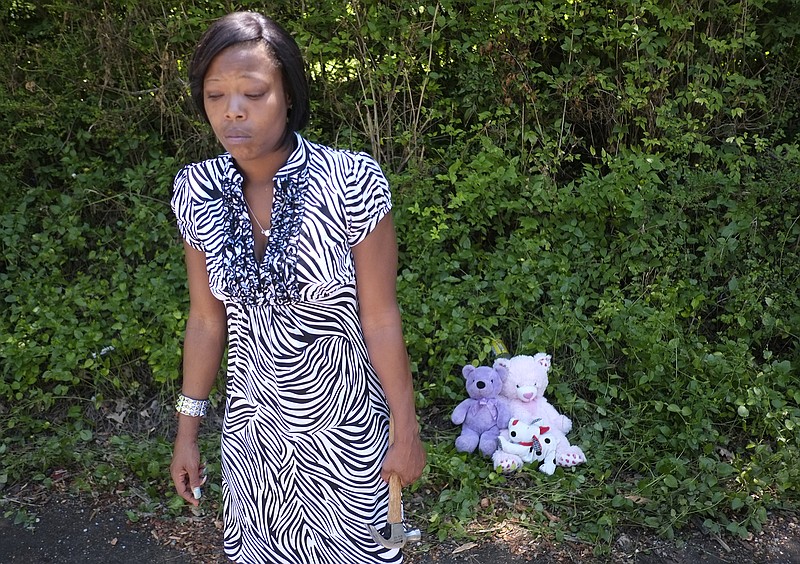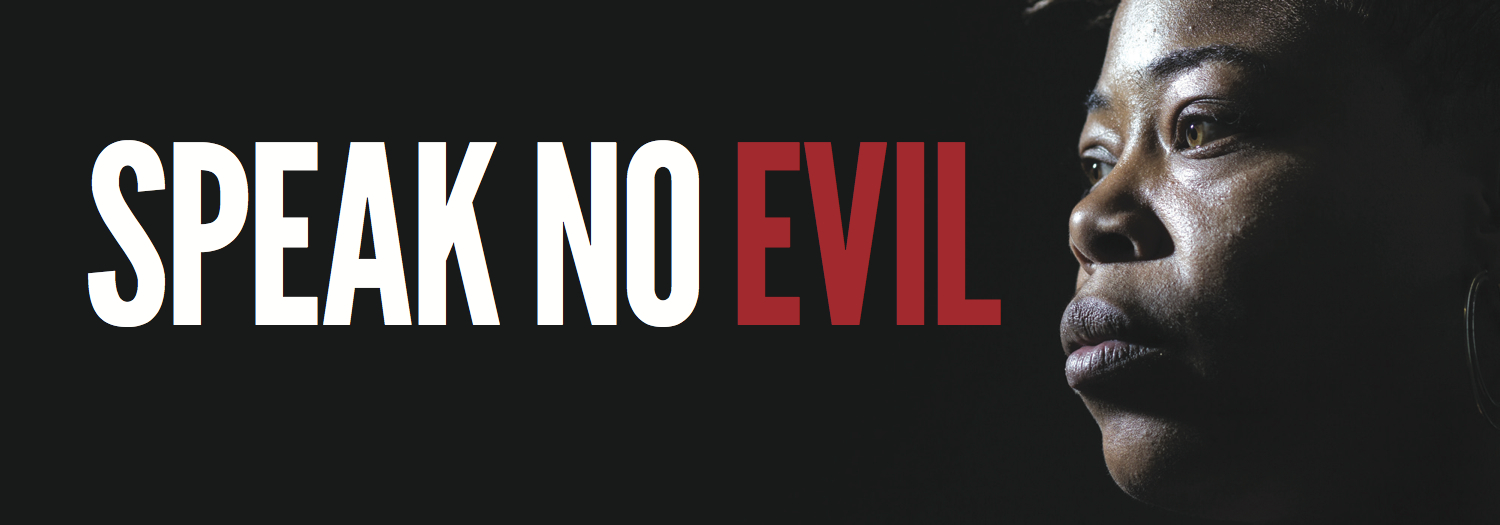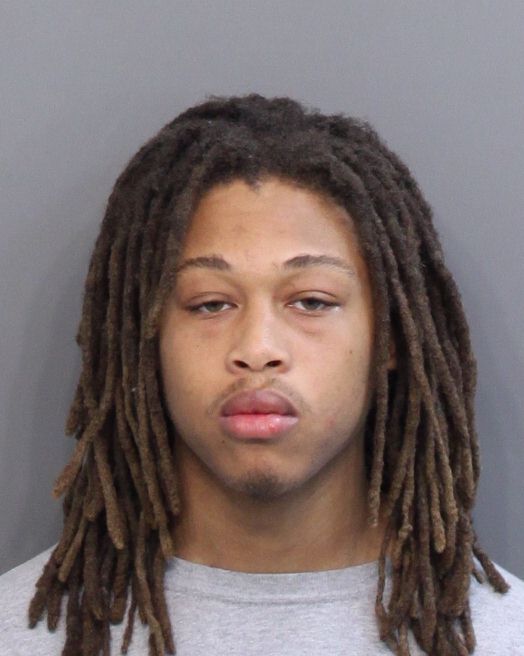Shonda Mason thought she might buy some balloons and let them go Thursday, two years to the day after her 18-year-old son was shot to death on 13th Avenue.
Two years since the phone call when her daughter said, "Eric is dead."
Two years, and Eric Fluellen's homicide case is still unsolved.
Time hasn't healed anything.
"It's going to be a while before it gets easier," Mason said. "It doesn't get eased up."
The investigation into Fluellen's death -- and accusations that three of his close associates who were with him that night were involved -- was the subject of an extensive Times Free Press investigation.
Read more
View our special report, 'Speak No Evil.'
By the numbers
2013 HOMICIDES * Total homicides: 19 * Justified homicides: 1 * Cleared: 13 2014 HOMICIDES * Total: 27 * Cleared: 16 * 2013 cases cleared in 2014: 3 TWO-YEAR TOTALS * Total homicides: 45 * Total cleared: 32 2015 HOMICIDES YEAR TO DATE * Total: 4 * Cleared: 3 Source: Chattanooga Police Department
Five months after Fluellen died, police arrested one of those associates: Lee Antonio Clements Jr., 19, known as "Tone Tone." He and Fluellen were validated members of the Gangster Disciples gang.
But the charges didn't stick.
In March 2014, a grand jury declined to indict Clements.
Four months later, in July 2014, another man who was with Fluellen the night he died was killed, gunned down like Fluellen. And on Sunday, the third man there that night was injured in a shooting on Rawlings Street.
It's the same old story, Mason said.
"People are still dying," she said. "They're dying everywhere."
She feels like the investigation into her son's death is still at square one: no arrests, and no witnesses willing to talk to police.
But investigators say they're still actively working on Fluellen's case. The teenager was a well-known guy, said Lt. Glenn Scruggs, and the streets are still buzzing with talk about his death.
"I don't foresee this case going cold at any point in the near future," Scruggs said. "We're interviewing people. And we're going back and re-interviewing folks as well, to see if opinions have changed. We are going back over that case step by step."
On Thursday, at least one man on Facebook changed his profile picture to Fluellen's. Almost 200 people liked the post and several left comments to mark the anniversary of his death.
"RIP LIL HOMIE," one wrote.
Fluellen was one of 45 people slain in Chattanooga during 2013 and 2014. Police arrested suspects in 32 of those cases, which is about a 70 percent clearance rate. And so far this year, investigators have made arrests in three of the city's four homicides.
Usually cases are considered cleared when a suspect is arrested, though they can sometimes be cleared under special circumstances, like if a suspect dies.
Part of the reason for that high clearance rate might be a new approach police are using when interacting with victims of violent crime and their families. After someone is killed, police leaders join with members of the clergy, social workers and social service organizations to visit with the family of the victim.
The idea is to combat the "snitches get stitches" street code that discourages witnesses of crimes from talking to police. The groups typically meet with family members for between 30 and 90 minutes to offer condolences and encourage them to cooperate with police.
"Before, something would happen and the victims might only see the patrol officer or an investigator," Scruggs said. "Now they're seeing the tip of the spear -- the chiefs of police come out, to let them know we are working the case and we care about what's going on and what the results are."
Assistant Chief Tracy Arnold said the approach has led police to information that investigators wouldn't have otherwise gotten. But he added that every situation is different and not every meeting ends with a new lead.
Some witnesses don't want to talk for fear of retaliation, but some don't want to talk for other reasons, like because they might be a suspect in another case, Arnold said.
"We're always going to have a bit of resistance for different reasons," he said. "But lots of times it is fear-based and we seem to be breaking through on that. We tell people that we're going to be here today, tomorrow and however long it needs."
Contact staff reporter Shelly Bradbury at 423-757-6525 or sbradbury@timesfreepress.com with tips or story ideas.


